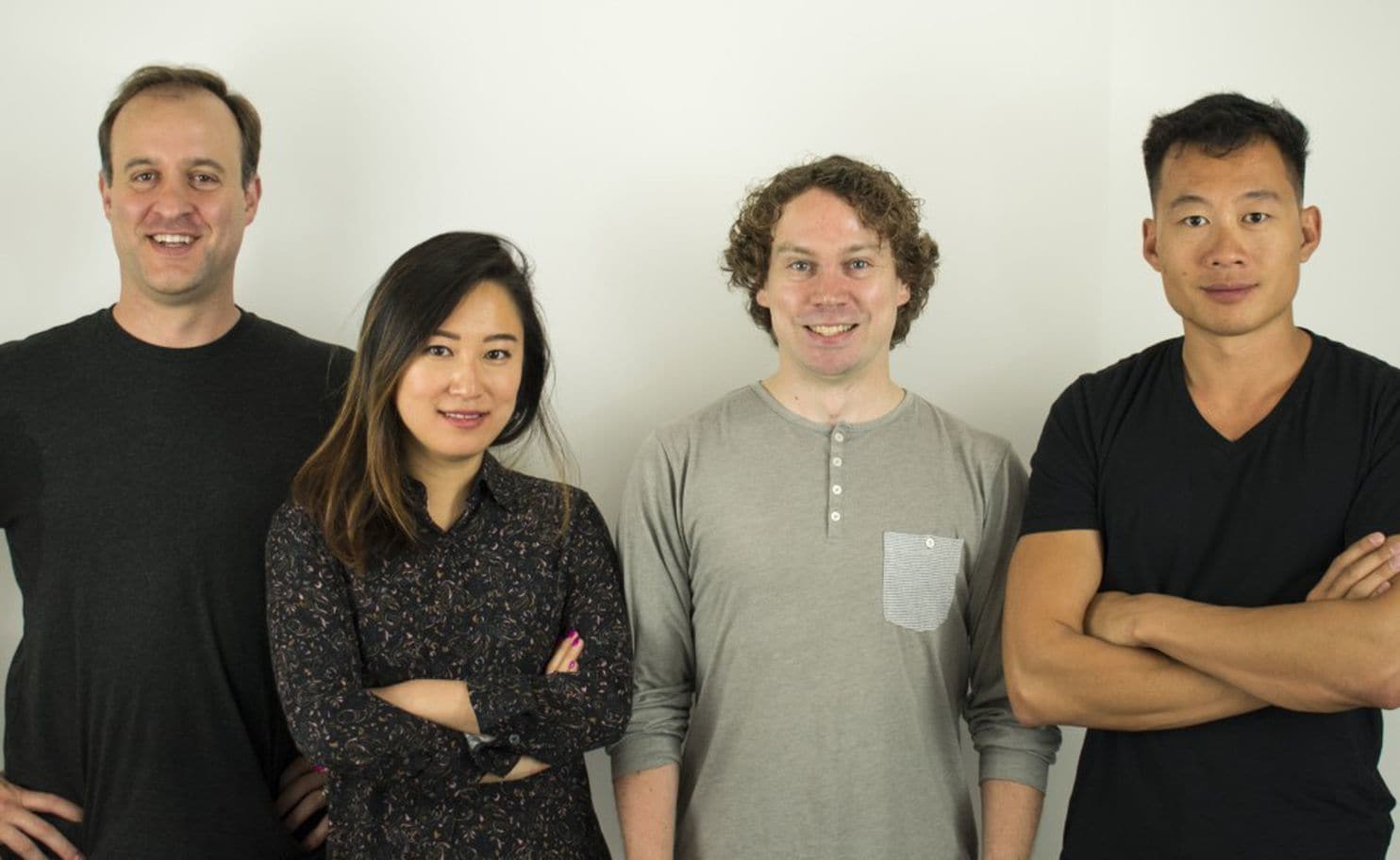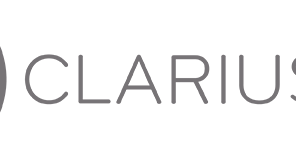Atrium LLP is a law firm in San Francisco. But the way it operates differs extensively from most other small or big law firms. The Biglaw-quality lawyers at Atrium LLP practice law. So far, so good. But unlike most law firms they charge a flat fee for their products and practically every non-legal function of the firm is contracted out to another legal entity called Atrium LTS (Legal Technology Services). The team of technologists at Atrium LTS are then tasked with creating software tools for the law firm aimed at allowing it to become more efficient at delivering legal services. In addition, Atrium’s lawyers play an important part in the development of the software of which they are the consumers. This model allows for the creation of legal tech products that have been shaped with lawyers not only in mind, but have been directly shaped by lawyers.
BeBe Chueh holds a law degree from the University of Illinois College of Law and is a practicing lawyer. She was a co-founder of AttorneyFee, a startup which aimed to expand the access to justice by making the costs of legal services more transparent. After only three years, the company was sold to LegalZoom.com. After the post acquisition integration, she co-founded Atrium LLP in 2017. Because of her continued engagement, the American Bar Association (ABA) named her one out of ten women to watch in legal tech.
Nico Kuhlmann: Dear BeBe, thanks a lot for taking the time. What is in your opinion the problem with the current legal market and why haven’t we seen more progress towards innovation?
BeBe Chueh: The market for legal services is huge. Some estimate the value as high as US-$ 400 billion. But if I asked you to name a legal startup that has made a meaningful dent in this market, many would fail to think of one. The fact that big improvements in this market lag behind other industries of this size invites curiosity. Through AttorneyFee, I learned first-hand why the legal sector has been so hard to crack. Startups try their hand at disruption by (1) building legal marketplaces (2) document generation services or (3) software for lawyers. All three approaches require the participation of lawyers to take off in a big way. Easy, right? Not so much since the way lawyers work is the antithesis of efficiency. Their core business rewards total time spent – the more hours billed, the better. And that’s why the legal sector remains one of the most profitable in the country – and partly why much has been said about lawyers being risk averse.
Nico Kuhlmann: Okay, so what has to change? How should legal tech startups tackle the market to make a meaningful impact? What is your approach?
BeBe Chueh: The challenges encountered by startups in legal can be illustrated by way of an albeit imperfect analogy to those encountered in auto tech: Imagine you’d like to improve sustainable transportation by building an electric car. But you’re cash-strapped and lack community support so you start with a compromise: you make a vehicle part that converts gasoline cars into hybrids. You convince gasoline car manufacturers that they should buy your part and that people want hybrid cars. Then you custom your part to fit each manufacturer’s specs. In the end you’re a parts maker, gasoline is still king, and you still don’t have an electric car.
Enter Tesla, a company that set out to accelerate non-gasoline transportation by building its own electric car, the parts that go into it and scalable process improvements. Atrium takes a Tesla approach to improving legal services. We assemble the full vertical stack of legal software tools spanning incorporation, equity management, deal management and client service. While legal software companies struggle to sell individual tools to law firms, at Atrium we have an integrated structure that allows law firm and tech company to work together in a coordinated fashion. Our law firm uses tools where good tools exist, and we co-founded a tech company – Atrium LTS – to build tools where no good options exist. In this unique system, we design and provide the legal service offering, from top to bottom.
Like the road to fully electric cars, the road to better legal services is paved with failed efforts. And in an industry based on trust, reputation and strong personal relationships, we can’t just adopt a “technology solves all” attitude. By designing an integrated stack from tools to advice, we believe Atrium can make legal services and legal practice better for everyone involved.
Nico Kuhlmann: That is an interesting analogy. But don’t you need an Elon Musk to have a company like Tesla as well?
BeBe Chueh: The Elon Musk in our story is serial entrepreneur Justin Kan. After selling Twitch to Amazon for US-$ 970 million, Justin spent his time mentoring and investing in Bay Area startups as a partner at Y Combinator, a startup accelerator. He noticed that founders identified with the pain he experienced as an involuntary power user of legal services. Having spent millions on legal, Justin found himself asking his lawyers for status updates and reasons why reviewing monthly invoices felt like a game of Russian Roulette. To solve these problems, he looked for people who could help and found Augie, Chris and I, who each carried a piece of the Atrium puzzle.
Nico Kuhlmann: You just mentioned your other co-founders. What are their backstories? What did they do before founding Atrium?
BeBe Chueh: Augie Rakow was happily practicing law as a partner in Orrick’s emerging companies practice group and had been looking for a way to turn his practice into a differentiated, technology-driven law practice. When Justin approached him about Atrium, he immediately recognized the potential impact of Atrium’s vision and joined to manage our legal practice.
Chris Smoak had just finished building workflow software for a healthcare startup. Having built two YC companies and been an early team member at Amazon Mechanical Turk, Chris built one of the first successful payments platforms on Facebook. Chris loves the challenge of simplifying complex legal workflows so non-technical people can use them with little to no training.
Nico Kuhlmann: How deep is the level of intertwinedness between Atrium LLP and Atrium LTS? Do you and your lawyer colleagues have control over Atrium LTS? Or the other way around?
BeBe Chueh: Atrium LLP and LTS divide and conquer. My lawyer colleagues are in full control over decisions that impact clients and our work as lawyers. The LTS team members are in full control over how to carry out certain pre-defined objectives. This is really no different from any law firm and its vendor. When the law firm needs to get a package delivered, in compliance with court deadlines, the law firm tells UPS when to get it delivered but it’s up to UPS to carry out the logistics.
Nico Kuhlmann: Atrium is not the first law firm to try out such a structure. Clearspire operated as a dual entity as well from 2009 to 2014, but it didn’t work out in the end. Was Clearspire too far ahead of its time?
BeBe Chueh: Companies fail for many reasons. It would be speculative for us to make a remark like, “this company is a Delaware C-Corporation. Was it before its time?” I had a chat with Mark Cohen, CEO and Founder of Clearspire last month. He cited “founding team issues” as the main reason why Clearspire didn’t live up to its potential.
Nico Kuhlmann: What kind of software solutions have the Atrium LTS technologists already created for the lawyers? Can you give a few examples?
BeBe Chueh: We are so excited about this! One of the first products we are working on is a modern document generator that is laced with machine learning technology. Another product would be a pro forma generator for our financing transactions. Both, when used together, saves our legal team 10 hours of grunt work per deal.
Nico Kuhlmann: Atrium offers two fixed-fee legal products: Atrium Counsel and Atrium Financing. What exactly do you offer your clients with these products and how much does it cost?
BeBe Chueh: We serve high-growth startup as its first general counsel through Atrium Counsel, our subscription legal plan that starts at $2,000 per month. Most clients start engage us around the time of raising their first priced round of financing. Under this plan, we take care of general corporate work and basic contract review. Atrium Financing is one of our first project-based groups that helps clients raise and close additional rounds of financings.
Nico Kuhlmann: How does the daily work of a lawyer differ by a fixed-fee product in comparison to the billable hour?
BeBe Chueh: Lawyers at a law firm are essentially burdened with the responsibility to perform their own accounting, every six minutes. At Atrium, we track project completions rather than passage of time. Our lawyers are therefore free of doing tedious accounting throughout the day.
Nico Kuhlmann: Mary O’Carroll, Head of Legal Operations at Google, said that she is watching Atrium very closely, because of your focus on efficiency and your unique law firm environment. How did the legal market in general react to the founding of Atrium?
BeBe Chueh: Clients and corporate counsel leaders like Mary have been incredibly supportive of our journey, because we share the philosophy for how corporate legal work should be carried out in the 21st Century. Traditional law firms have been cordial, but we did just receive a “polite note” from law firm Wilson Sonsini expressing concern over how many associates of theirs seem to have joined Atrium in the last couple of months.
Nico Kuhlmann: How much have you grown so far and what is the long-time goal? Are you focusing on the US domestic market or are you planning an international expansion?
BeBe Chueh: We are focusing on building our Emerging Companies / Venture Capital practice as our beachhead, here in Silicon Valley, to prove our concept. We grew to a 40 member legal team in the last six months. Our ambition is to become the largest corporate law firm in the world.
Nico Kuhlmann: Where do you see the legal market in ten years? What will have changed and what will still be the same?
BeBe Chueh: With alternative business structure regulation maturing in England and knocking on the U.S. legal market’s door through D.C., we’ll continue to see changes and updates to the delivery of legal services in the next ten years. Highly trained and specialized lawyers will always be valued by companies. But possessing legal talent alone will no longer be enough.
Nico Kuhlmann: The legal tech startup scene in Europe and in Germany is getting stronger every day. What advice would you give young founders in the old world based on your experience?
BeBe Chueh: As my co-founder Justin Kan brilliantly said the other day, law is the “operating system” upon which businesses run. The U.S. has the largest number of lawyers per capita. This is not a coincidence. Strong economies -> high stake interests -> lots to protect -> hiring professionals to strengthen these protections makes sense. Not only is Europe experiencing this right now, Asia is as well. I find the notion that we are all building this operating system together, from all corners of the world, extremely rewarding.
Nico Kuhlmann: Thanks a lot for taking the time for this interview, dear BeBe. I wish you continued success with all your projects.




